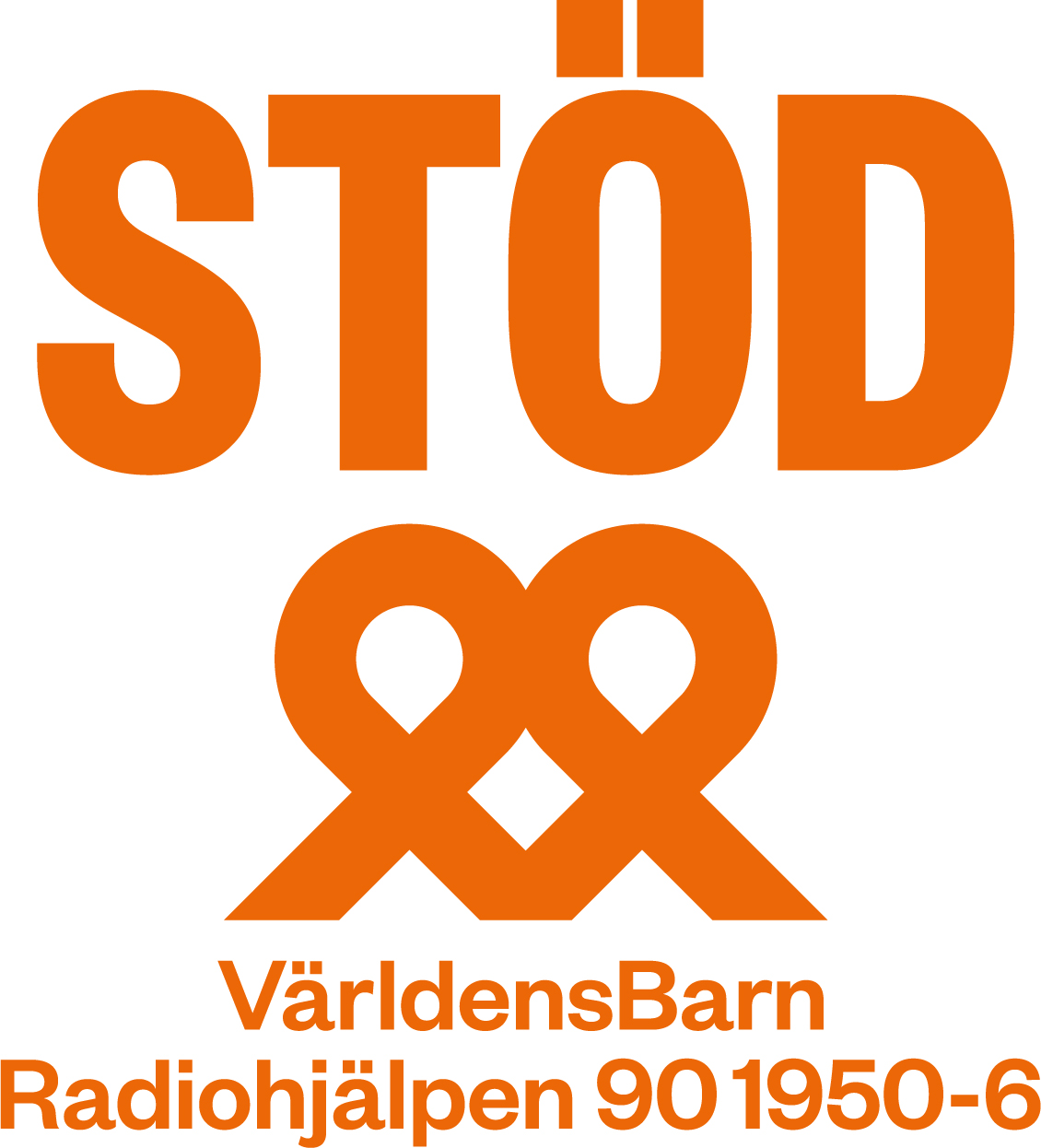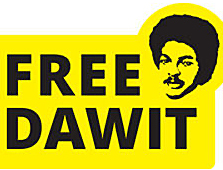VIENNA Protecting children against drugs is a human right. A statement by Maria Larsson, Sweden´s Minister for Children, at the CND meeting in Vienna.
Speech by Ms Maria Larsson, Swedens Minister for Children and the Elderly, at the 54th session of the Commission on Narcotic Drugs in Vienna, Austria, 21 March 2011:
Madam Chairperson, Executive Director, distinguished delegates.
Let me first of all express my condolences to the people of Japan. Sweden fully associates itself with the statement made on behalf of the European Union.
I would like to reaffirm Swedens full commitment to the Political Declaration and Plan of Action adopted at the CND in 2009. Sweden remains a strong supporter of UNODCs activities in addressing the world drug problem and as a guardian of the international drug control conventions. We welcome the ongoing reform process and the continued development of the integrated program approach. We also welcome recent efforts to strengthen the governance of the UNODC.
From a Swedish point of view it is of utmost importance to uphold a restrictive, mutually reinforcing and balanced approach between drug demand and drug supply reduction, in full compliance with the international drug control conventions.
We need to work effectively in the international community to build a political consensus and to uphold a broad public support for this.
In such an approach supply reduction and demand reduction through prevention as well as treatment and rehabilitation, are equally important. The ultimate aim is to get drug abusers off drugs and reintegrated into society. The Swedish policies in this regard have proven to be effective.
Sweden is of the firm belief that there is no contradiction between the international drug control conventions and the respect for fundamental freedoms as they are expressed in the United Nations human rights conventions.
One of the most important obligations for society is to protect children and young people from harm to their physical and psychological development.
This includes of course illicit drugs. It is our children who are most vulnerable to the effects of drug abuse. That is why I want to remind us all that we have legally binding obligations under the international law, to promote and protect the children and their rights, and to give them as good living conditions as possible. Good living conditions do not include illicit drugs.
Therefore we have to do our best to ensure that children are not becoming victims of illicit drugs and that they are not involved in production or trafficking of drugs, or being allowed to use drugs themselves. I am sure that we all are committed to this work.
I want to refer to the discussion about the rights of the child that was held here last year and the resolution adopted to protect children and young people from drug abuse.
According to the Convention on the rights of the child, it is a duty to protect children from drugs. Article 33 of the Convention requires ratifying States to take all appropriate measures to protect children from drug abuse. States are obliged to prevent the use of children in the production or trafficking of such drugs.
The measures to be taken by the States include legislation, administrative, social and educational measures. The emphasis of article 33 is on protection and prevention. Therefore the states are obliged to make arrangements and develop structures in order to raise awareness in the general population and among children.
The Convention on the rights of the child is the most ratified human rights treaty. Virtually every country in the world has committed itself to a code of obligations towards children. Protection against drugs is therefore unquestionably a human rights issue. And this puts childrens rights to be protected from drug abuse at the cutting edge of the struggle for human rights. Protecting children from drug abuse, from production and from trafficking of drugs, is not an option for State Parties to this convention, it is an obligation.
It is a tremendous responsibility for governments to live up to these commitments. Preventing drug abuse before it begins is a cost effective and commonsense way to build safe and healthy communities. Science has made great progress in recent years by studying a broader range of populations and topics. Many interventions are being tested in real-world“-settings with very good results. Evidence shows that prevention works.
The work done by many NGO`s in this field is crucial to prevent young people from starting to use drugs, and to support families when a family member is in trouble.
Children and young people must be our focus. Prevention directed towards young people is a key to a successful drug-policy. The Convention on the Rights of the child is a commitment we all share, as well as useful tool in this work.
Thank You.
• Footnote: NGO organization World Federation Against Drugs, (Wfad, pdf file) acclaimed in a statement Maria Larsson’s speech and positive leadership at the CND meeting.




